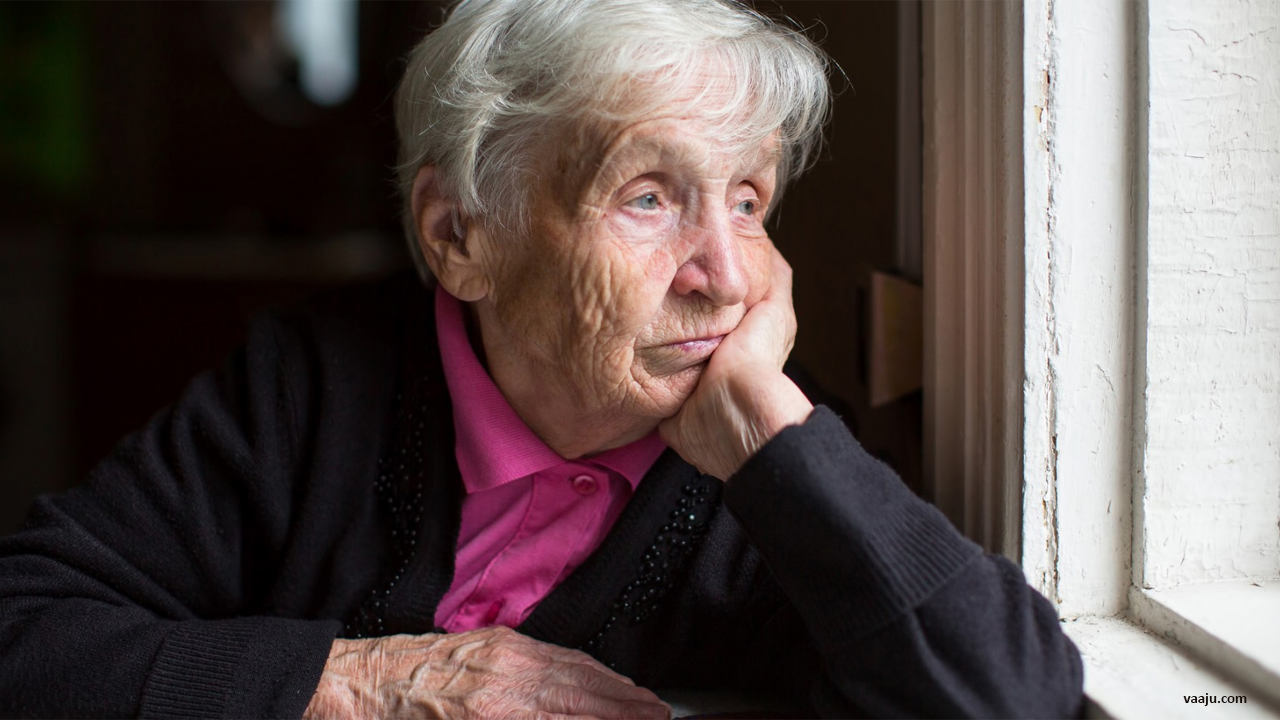Dementia is a normal part of aging actually and can occur in younger people. When thinking, remembering, and reasoning skills are lost to the point where they interfere with day-to-day activities, this condition is known as dementia. Some dementia patients have emotional instability and personality changes. The severity of dementia varies from the mildest stage, when it is just starting to interfere with a person's ability to function, to the most severe stage, when the person must completely rely on others for basic daily activities.
Common early symptoms of dementia are memory loss, difficulty while concentrating and finding it hard to carry out familiar daily tasks such as getting confused, struggling when shopping to follow a conversation or finding the right word or being confused about time and place.
Types of dementias that progress and aren't reversible include:
- Alzheimer's disease.
- Vascular dementia
- Lewy body dementia
- Frontotemporal dementia
- Mixed dementia
Dementia can lead to several issues such as poor nutrition, lacking the ability to take care of oneself, Personal safety challenges, pneumonia and death. Although there is no guaranteed way to stop dementia, here are steps you can take that may be helpful.
The way someone communicates will gradually change as they develop dementia. Their capacity to reason clearly and articulately will deteriorate. If you are caring for someone who has dementia, you might find that as the condition worsens you'll have to initiate conversations to get them to talk. This is typical.People having dementia can overreact to things, have rapid mood changes or feel irritable. They may also appear unusually distant or uninterested in things.
Prevention can be done by
- Being physically and socially active
- Keeping your mind active
- Quitting smoking
- Treating health conditions
- Managing cardiovascular risk factors
- Getting enough vitamins
- Getting good-quality sleep
- Treating health conditions and hearing problems
Alzheimer's Disease International states“A new case of dementia arises somewhere in the world every 3 seconds.There are currently estimated to be over 55 million people worldwide living with dementia. The number of people affected is set to rise to 139 million by 2050, with the greatest increases in low and middle income countries. Almost 62% of healthcare practitioners worldwide incorrectly think that dementia is part of normal aging.”
Alzheimer's disease is a degenerative condition that eventually impairs a person's capacity for independent living. Although there are many different types of dementia, Alzheimer's disease is the most common type. There is currently no cure for dementia, but there are multiple ways to prevent it.

 As per nhp.gov.in “Prevalence of dementia in India is reported to be 2.7%. As the age increases, the prevalence of dementia increases. For example, nearly 20% of people above 80 suffer from dementiaâ€. Dementia can have different effects on different people and produce different symptoms depending on the part of the brain that is affected.
As per nhp.gov.in “Prevalence of dementia in India is reported to be 2.7%. As the age increases, the prevalence of dementia increases. For example, nearly 20% of people above 80 suffer from dementiaâ€. Dementia can have different effects on different people and produce different symptoms depending on the part of the brain that is affected.









.jpeg)

.jpeg)










.jpg)




.jpg)

